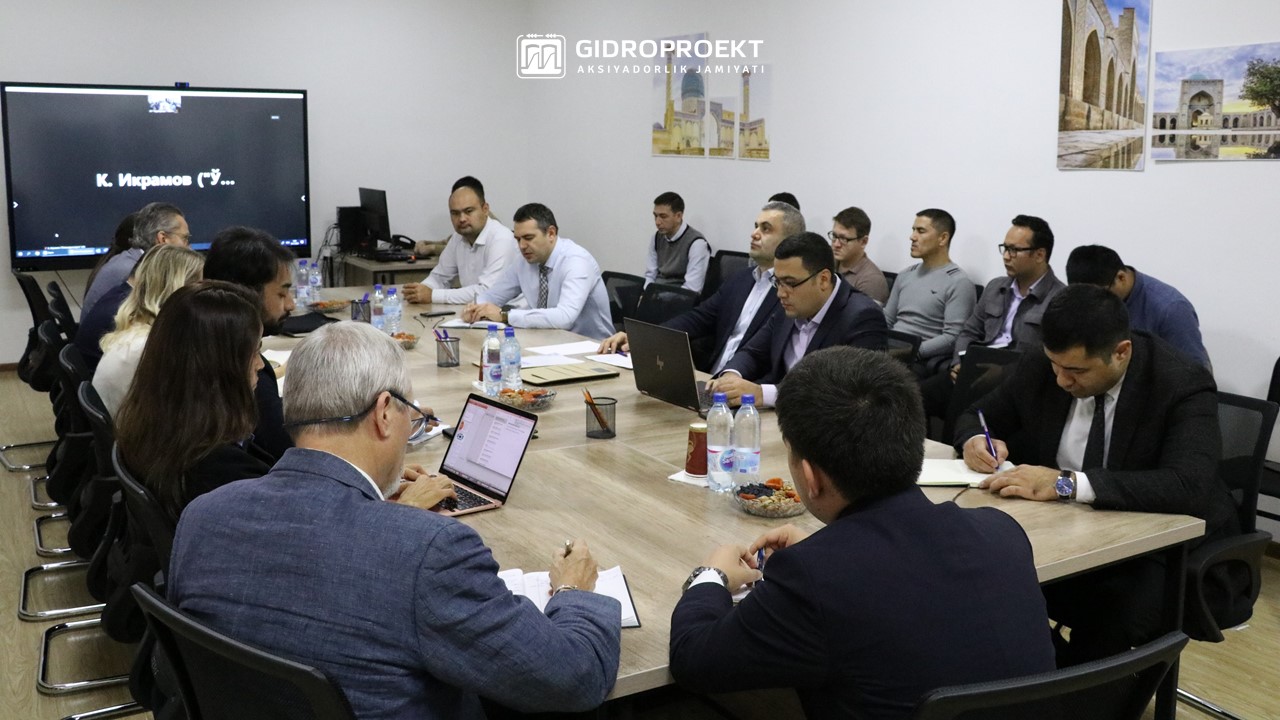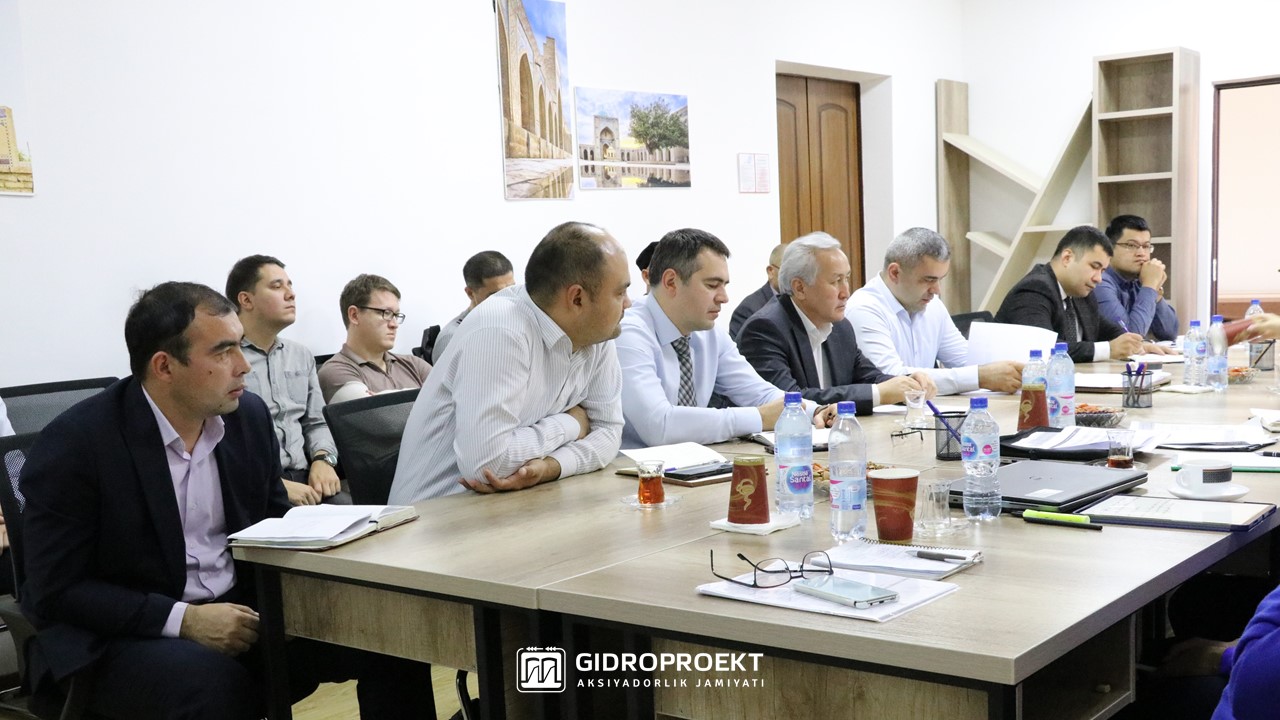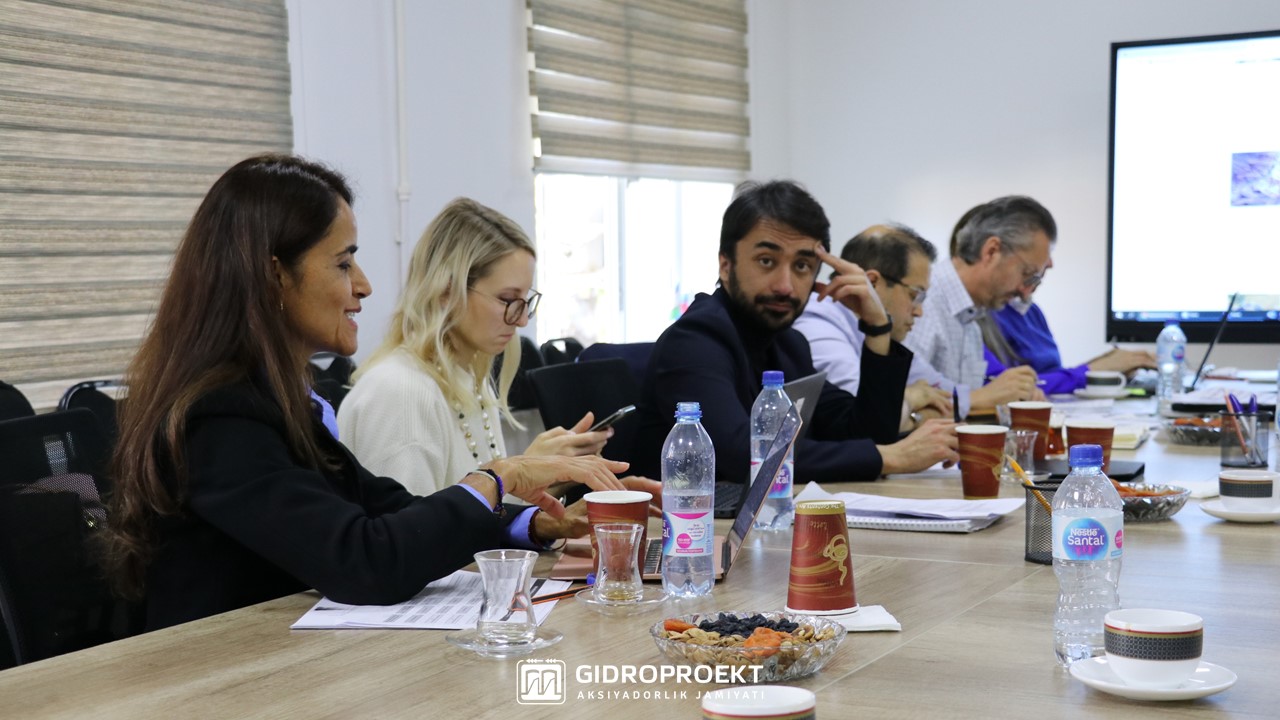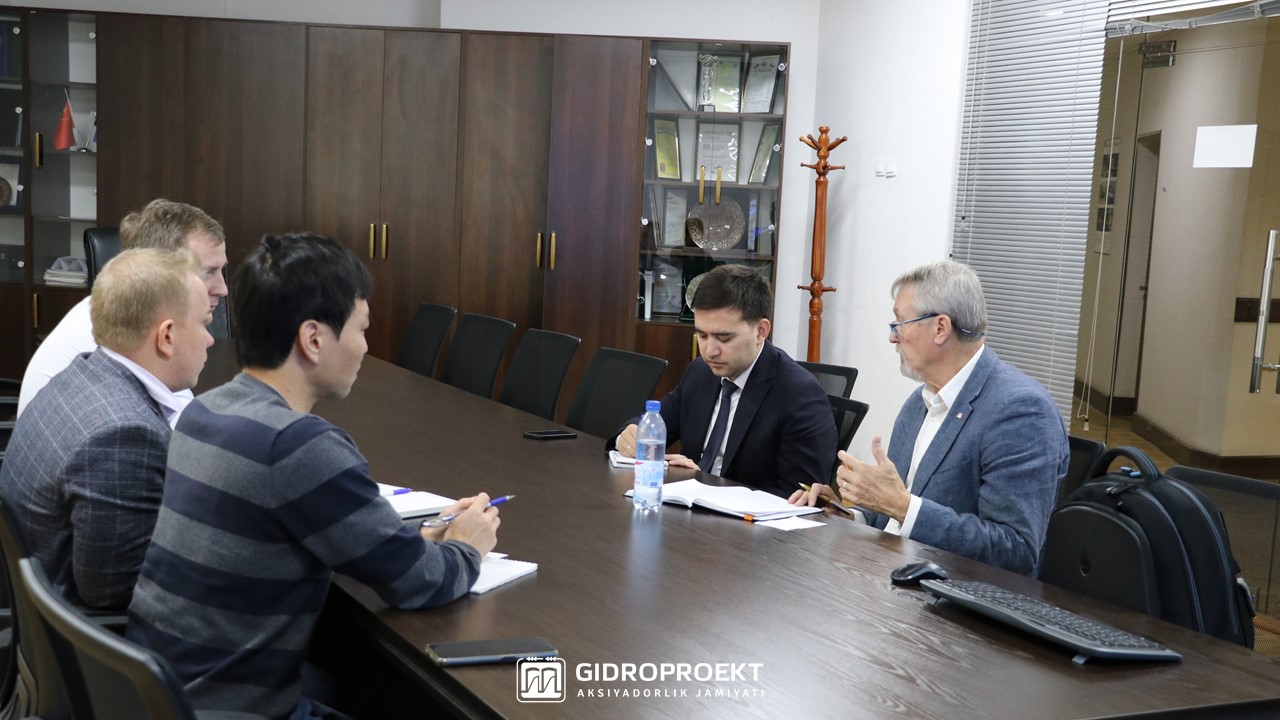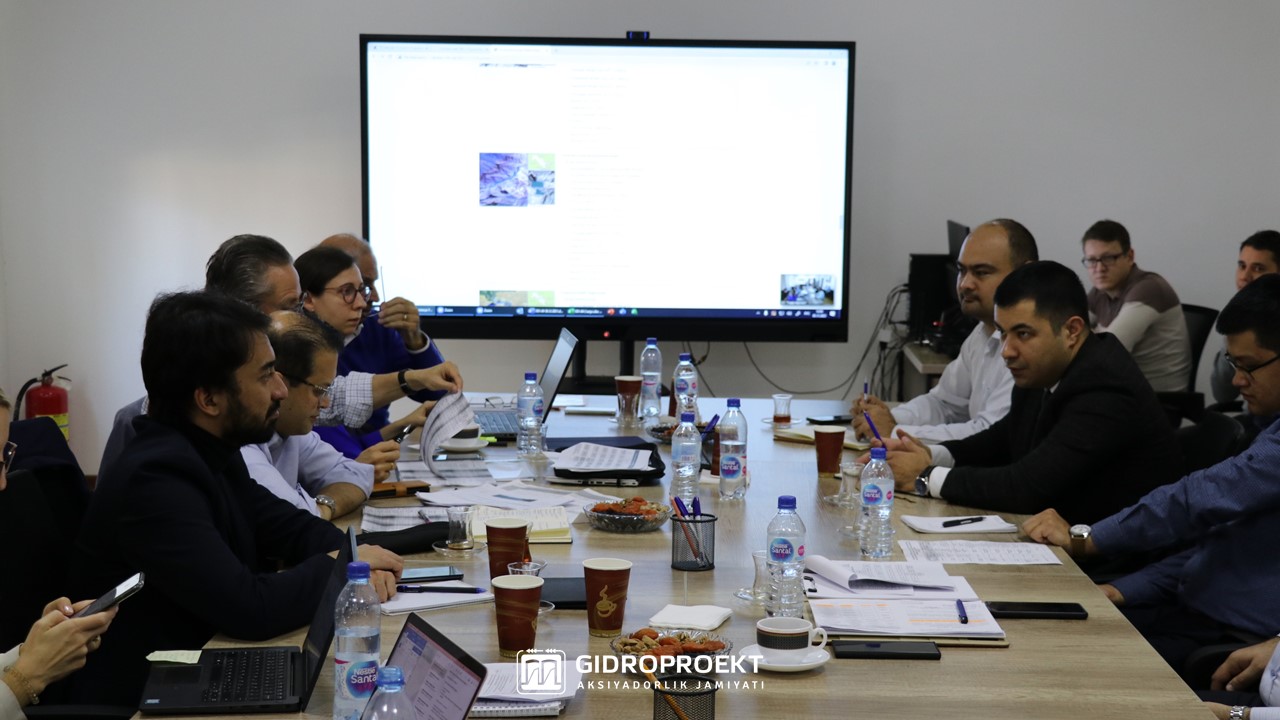World Bank supports hydropower development in Uzbekistan
The energy sector is fundamental to economic growth and environmental sustainability. Access to affordable, reliable and sustainable energy is vital to achieving sustainable development. Modern energy services can help improve the quality of life for millions of people around the world and underpin progress in all areas.
The World Bank's engagement in the energy sector aims to help developing countries ensure the affordable, reliable, and sustainable energy supply needed to promote shared prosperity.
The Sustainable Energy for All (SE4All) initiative, spearheaded by the World Bank, aims to achieve three goals by 2030: universal access to electricity and clean cooking fuels; doubling the share of renewables in the global energy mix, as well as doubling the rate of energy efficiency improvement.
The World Bank is working with several countries to help achieve this goal. At the same time, this financial institution seeks to use a long-term integrated approach, emphasizing the need to create a strong financial, operational and institutional framework for sustainable energy systems.
In 2018-2020, the project "Program for the Development of Small and Medium Hydropower of Uzbekistan" (TF0A7213) was successfully implemented for a total amount of $ 200,000. United States. The aim of the project was to support “Uzbekhydroenergo” and the “Hydroproject” Institute in building institutional capacity and developing programs for the development of small and medium hydropower.
Currently, the World Bank's program in Uzbekistan is one of its three largest operations in the Europe and Central Asia region. As of October 1, 2022, it consists of 27 projects implemented by the government with the financial assistance of the Bank for a total amount of about $ 4.76 billion. The projects contribute to the implementation of macroeconomic reforms and modernization of agriculture, improvement in water resources management, water supply and irrigation services, development of urban and rural infrastructure, energy, transport, health systems, education, social protection of the population, innovation, tax administration, statistics and finance.
This year, the Country Partnership Framework (CPF) for the next five years was adopted. In the course of its implementation, the World Bank will assist the Government of Uzbekistan in developing the private sector in order to create new jobs and reduce poverty, develop human capital, build a green and sustainable economy, eliminate gender inequality and create conditions for greater participation of citizens in decision-making processes. The main activities within the framework of the CPF correspond to the socio-economic goals and objectives outlined in the Development Strategy of New Uzbekistan for 2022-2026.
Thanks to its economic advantages, support for the use of other renewable energy sources and the ability to rationally manage fresh water, hydropower accelerates the achievement of the Sustainable Development Goals. Hydropower facilities built in thoughtful locations and operating in accordance with global best practices can bring positive results for society and the environment.
The World Bank continues to work towards:
• new investments that contribute to energy and water security both at the regional level and in beneficiary countries;
• Strengthening the capacity of regional and national institutions responsible for energy and/or water resources management.
On November 1, 2022, a meeting was held at JSC “Hydroproject” with a group of international experts from the World Bank, who discussed the prospects for increasing cooperation with representatives of JSC “Uzbekhydroenergo” and JSC “Hydroproject”.
"We have assembled for this meeting an international team of the world's best specialists in hydropower and environmental development," said Praveen Karki, the World Bank's chief expert on hydropower.
Representatives of India, Iceland, Canada, Brazil and Uzbekistan discussed the prospects for mutually beneficial cooperation and implementation of international standards, as well as assistance in improving corporate governance.


